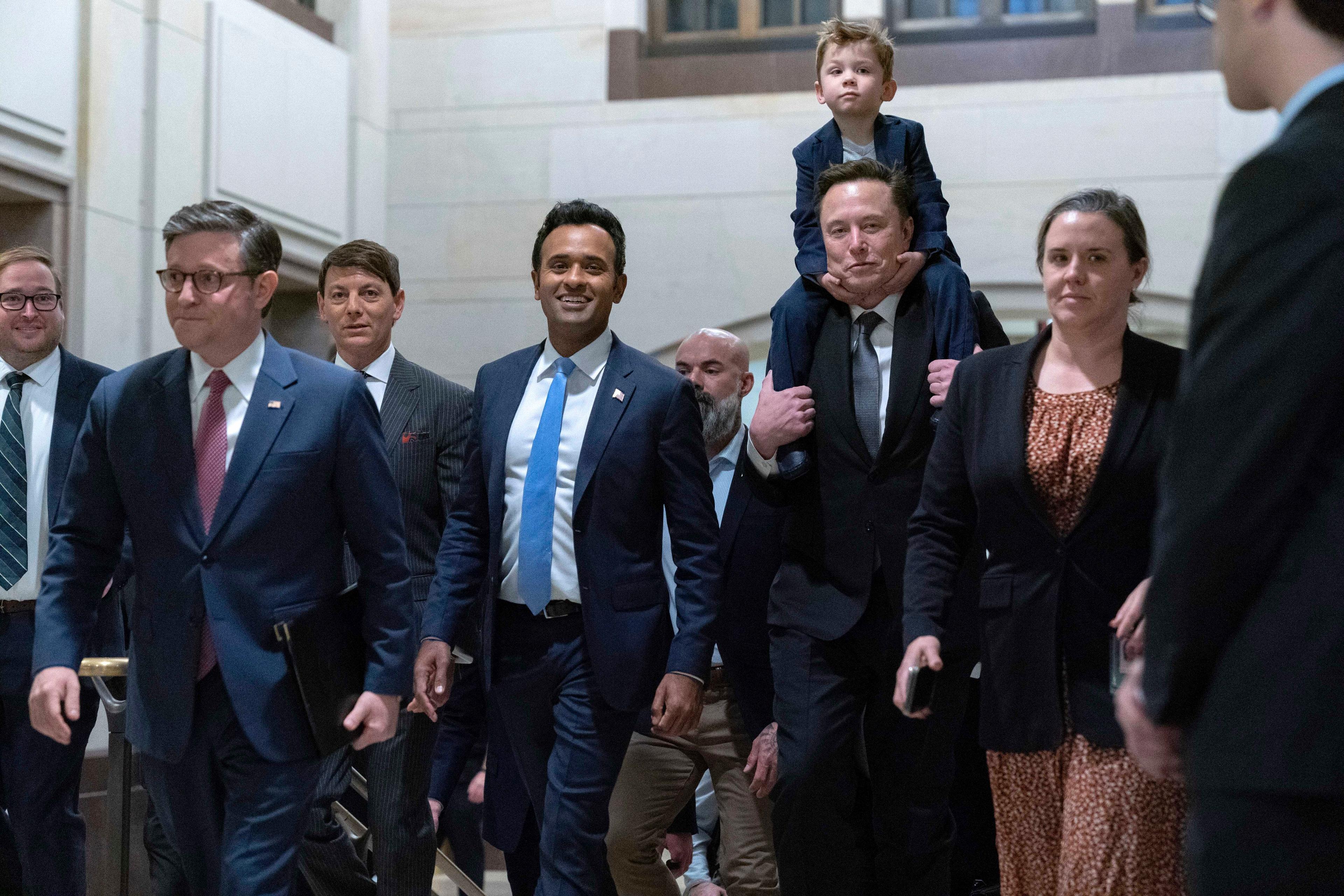
Dru Flowers has worked for the Office of Public Housing for 15 years. Her work helps low income and at-risk families to acquire and maintain housing in six states.
But for the last 21 days she hasn’t helped any families, and today marks her first missed paycheck. Flowers is among 800,000 federal employees who won’t get paid Friday as the stalemate over President Donald Trump’s border wall shows little sign of ebbing.
By Saturday the shutdown will hold its place as the longest in history.
And for Flowers, larger complications are at play.
The cancer inside her body hasn’t stopped growing, the medical bills for treatment haven’t stopped coming in and finding temp work during treatment isn’t an option. While she only has herself to support, she’s added worry to her list of daily stresses.
“I’m lucky in that sense that all I have to worry about is me, but I’m not sure about my health bills,” Flowers said. “Everything reset with the new year so I’m not sure what kind of health bills I’m looking at, at the moment.”
Dru Flowers says that April will mark 15 years of working for the office of public housing through HUD. She is currently undergoing chemo and depends on her position to pay for medical bills. pic.twitter.com/jVVQEz8qmP
The Office of Personnel Management has said the federal workers will continue to receive health insurance through the shutdown, but those waters muddy when addressing long term care.
Several hundred furloughed workers rallied in protest in front of the U.S. Customs House in downtown Denver on Jan. 10. They came bearing pickets signs saying “I WANT TO WORK,” and “Congress Do Your Job So We Can Do OURS!”
Among them was Albert Romero, who does administrative work for the Department of Commerce Boulder Labs. It houses scientific research and engineering labs for NOAH, NIST and NITA.
"It's really a travesty that we're being used as pawns. We don't stand with Trump. I don't stand with Trump," says furloughed worker Al Romero. pic.twitter.com/yuHifwQ4ho
“For me not to be able to support our world class scientist, nobel prize winners and brilliant minds from all around the world working in our labs, for them not to perform the work that saves lives, and for us on the administrative side, not to be able to support them is a real travesty,” Romero said.
This was a common thread among the crowd. While looming medical and housing costs were at the forefront of their minds, the important work not being done clawed at the back. Demetria Haughton, an IRS collections representative who assists people in completing their taxes voiced concerns for those unable to file returns electronically.
“Those who file by paper, there’s no one to process those returns,” Haughton said. “You have a lot of people who are not computer literate or don’t trust computers who may not get their refunds or be able to pay their taxes.”
"Donald Trump is America's abusive husband, if you don't give him what he want he takes something away. It's an abuse of power," says IRS collection agent Demetria Haughton. She believes says she can only last one more week without pay. pic.twitter.com/88aWrRigJw
Federal employees deemed essential, such as those working at a federal prison in Jefferson County, were unable to voice their grievances at the rally because they were still expected to work.
Chris Janssen is a corrections officer and president of the local union for that institution. He said that missing a paycheck has already put many fellow of his officers in a financial squeeze. Uncertainty of when they may be paid again has many coming to him inquiring how the union can help them make it through.
“Some people are already asking, what can I do to get unemployment rushed to me,” Janssen said. “Can the union help me out and write me a check or is there anything I can do to immediately right now to start earning money?”
Janssen believes there is a misconception that they have well-paying cushy jobs to tide them over during a shutdown. The average starting salary for a corrections officer in Colorado is $42,204 while the media income according to the U.S. Census Bureau is $65,458.
He said the shutdown has also exacerbated existing staffing issues making it less safe for them to do an already dangerous job.
“We have three shifts covering a 24 hour day. So if for some reason somebody calls in sick, that position needs to be filled,” Janssen said. “We can’t leave a housing unit with 200 inmates without an officer in it. So the person that was on that shift previously is now gonna be mandatory to another eight hour shift. He doesn’t get the option to go home and get some sleep, he’s gonna work another eight hour shift.”
"Do your job so we can do ours!" Protestor concluded their gathering by marching around a city block that is surrounded by federal buildings where many of them work. pic.twitter.com/V93uofKL0L
In Southern Colorado, where there is a high concentration of prisons, the situation is similarly bleak. Pueblo resident Amanda Suddoth is the director of Crosses for Losses and its subsidiary food pantry My Neighbors Cupboard in Penrose. She opened the food pantry in May of this year and serves 200 families on average. There are five prisons within 10 minutes of the pantry, and the majority of employment comes from the corrections facilities. Suddoth said her pantry has already seen an influx of need.
“Our current count from last night is 50 families and last night was our first time of being open since the message from the government came down that it was gonna stay closed,” she said.
Suddoth is determined to serve them all. Both she and her assistant Jenny Holiday-Saches have husband’s who are missing federal pay. That puts not only their families, but their ability to keep operating at risk.
“Jenny's husband and my husband have been taking care of the utility bills,” she said. “That is a concern for us. What once was not a big deal, like 130-140 bucks a month for utilities, it's concerning now.”
Yet, like many federal employees, top of mind for Suddoth is her ability to do meaningful work for others.
“I’ll tell you what. There is such a beauty in the world and having faith makes all the difference,” she said. “We’re just gonna keep on marching forward with a smile on our face and loving those we’re taking care of because that’s what matters most to us.”









